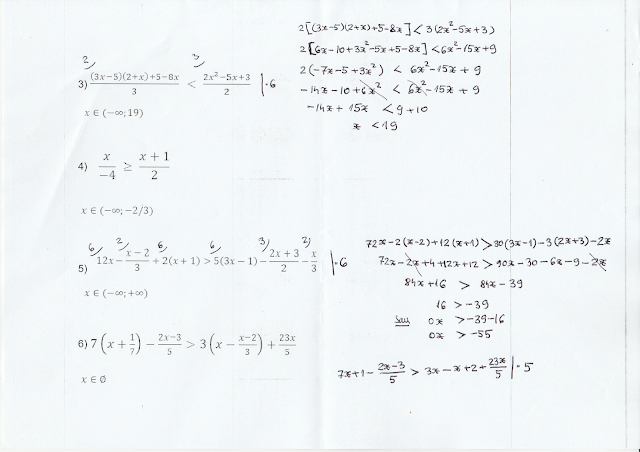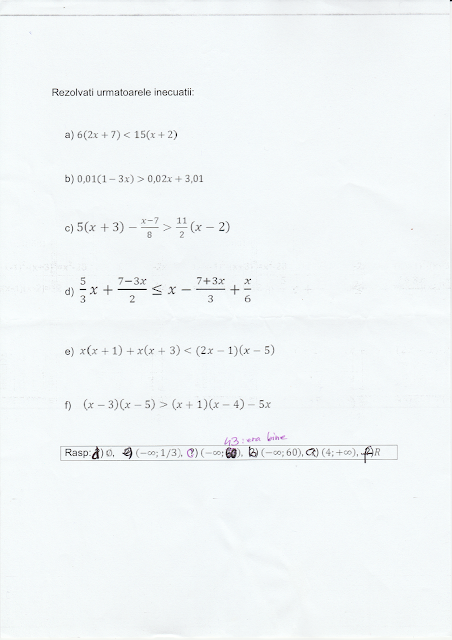See the book
KUCZMA Marcin Emil
144 Problems of the Austrian-Polish Mathematics Competition 1978-1993
The ACADEMIC DISTRIBUTION CENTER, Freeland, Maryland, 1994
at Problem 8.1, page 15. Presented also in
CRUX_V12n02_Feb(1986), page 19 (The Olympiad Corner:72).
The statement of the problem
"If $\;a\;,b\;,c\;$ are distinct real numbers whose sum is zero, prove that
$\left [\frac{b-c}{a}+\frac{c-a}{b}+\frac{a-b}{c} \right ]\cdot \left [ \frac{a}{b-c}+\frac{b}{c-a}+\frac{c}{a-b}\right ]=9."\tag{1}$
SOLUTION CiP
Let's make the notations:
$A:=\frac{b-c}{a}+\frac{c-a}{b}+\frac{a-b}{c},$
$B:=\frac{a}{b-c}+\frac{b}{c-a}+\frac{c}{a-b}.$
When we bring to the same denominator, the numerator of the expression $A$ is
$A_1=bc(b-c)+ca(c-a)+ab(a-b).$ But from the condition $a+b+c=0$ we have
$$c=-a-b,\;\;-c=a+b. \tag{2}$$
Replacing $c$ in $A_1$ we get
$A_1\overset{(2)}{=}b\cdot (-a-b)(2b+a)+(-a-b)\cdot a(-2a-b)+ab(a-b)=$
$=(-2b^3-3ab^2-a^2b)+(2a^3+3a ^2b+ab^2)+(a^2b-ab^2)=$
$=(2a^3-2b^3)+(3a^2b-3ab^2)=2(a-b)(a^2+ab+b^2)+3ab(a-b)=$
$=(a-b)(2a^2+5ab+2b^2).$
Let's also note that $2a^2+5ab+2b^2=(2a+b)(a+2b)=(a+a+b)(a+b+b)\overset{(2)}{=}(a-c)(b-c).\tag{*}$
In conclusion we have
$$A=\frac{(a-b)(b-c)(a-c)}{abc}.\tag{3}$$
When we bring to the same denominator, the numerator of the expression $B$ is
$B_1=a(c-a)(a-b)+b(a-b)(b-c)+c(b-c)(c-a)\;\underset{(*)}{\overset{(2)}{=}}\;a(-2a-b)(a-b)+$
$+(ab-b^2)(a+2b)+(-a-b)(-2a^2-5ab-2b^2)=(-2a^3+a^2b+ab^2)+(a^2b+$
$+ab^2-2b^3)+(2a^3+7a^2b+7ab^2+2b^3)=9a^2b+9ab^2=9ab(a+b)\underset{(2)}{=}-9abc.$
In conclusion we have
$$B=\frac{-9abc}{(b-c)(c-a)(a-b)}.\tag{4}$$
Multiplying the relations $(3)$ and $(4)$ we obtain
$$[A]\cdot [B]=\frac{(a-b)(b-c)(a-c)}{abc} \cdot \frac{-9abc}{(b-c)(c-a)(a-b)}=9.$$
$\blacksquare$
REMARKS CiP








































